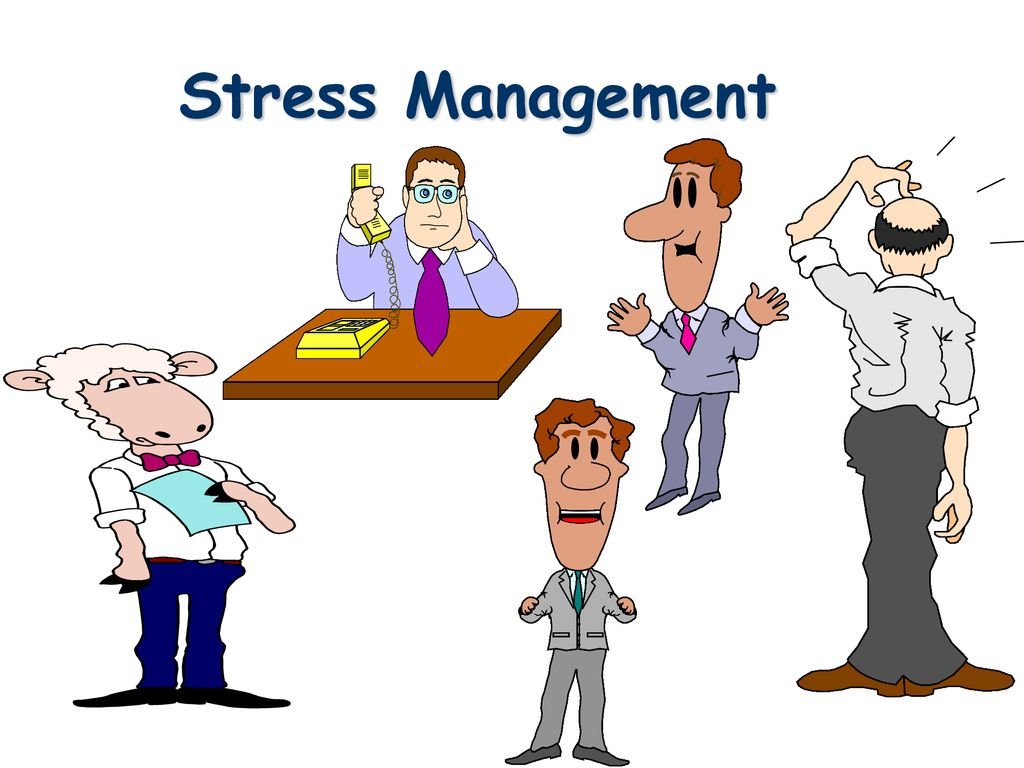In the fast-paced world of today, manage stress and staying focused at work has become more challenging than ever. With constant demands, tight deadlines, and distractions, it’s easy to feel overwhelmed and lose focus. However, by implementing effective strategies and making small changes to your daily routine, you can reduce stress levels and improve your focus, ultimately leading to increased productivity and job satisfaction.
Understanding Stress and Its Impact

Stress is a natural response to challenging situations, triggering the body’s “fight or flight” response. While some stress can be beneficial, helping you stay alert and focused, chronic stress can have serious health consequences, including anxiety, depression, and heart disease. Therefore, it’s essential to manage stress effectively to maintain your well-being and performance at work.
Effective Strategies To Manage Stress and Stay Focused

- Prioritize Tasks: Start by identifying your most important tasks and prioritize them based on urgency and importance. This can help you focus on what truly matters and avoid feeling overwhelmed by a long to-do list.
- Take Regular Breaks: Breaks are essential for recharging your mind and body. Schedule short breaks throughout your day to rest and rejuvenate. This can help improve your focus and productivity when you return to work.
- Practice Mindfulness: Mindfulness involves staying present and aware of your thoughts and feelings without judgment. By practicing mindfulness techniques, such as deep breathing or meditation, you can reduce stress and improve your ability to stay focused.
- Maintain a Healthy Work-Life Balance: Balancing work with personal life is crucial for reducing stress. Make time for activities you enjoy outside of work, such as hobbies, exercise, or spending time with loved ones.
- Stay Organized: A cluttered workspace can lead to feelings of stress and distractibility. Keep your workspace organized and tidy to create a more conducive environment for focus and productivity.
- Set Realistic Goals: Setting realistic goals can help you stay motivated and focused. Break larger tasks into smaller, manageable ones, and celebrate your achievements along the way.
- Seek Support: Don’t hesitate to seek support from colleagues, friends, or mental health professionals if you’re feeling overwhelmed. Talking about your feelings can help you gain perspective and find solutions to your problems.
Additional Strategies for Managing Stress and Improving Focus

- Practice Gratitude: Taking time each day to reflect on the things you’re grateful for can help shift your focus from stress to positivity. This can improve your overall outlook and reduce feelings of overwhelm.
- Stay Hydrated and Eat Healthily: A well-hydrated and nourished body is better equipped to handle stress. Avoid excessive caffeine and sugar, as they can increase feelings of anxiety and interfere with focus.
- Exercise Regularly: Physical activity is a powerful stress reliever. Regular exercise can help reduce tension, improve mood, and increase energy levels, all of which can contribute to better focus at work.
- Practice Breathing Exercises: Deep breathing exercises can help calm your mind and body, reducing stress and improving focus. Try taking slow, deep breaths for a few minutes whenever you feel overwhelmed.
- Set Boundaries: Establishing clear boundaries between work and personal life can help reduce stress. Avoid checking work emails or taking work-related calls outside of designated work hours.
- Get Adequate Sleep: Lack of sleep can negatively impact your mood, energy levels, and cognitive function, making it harder to manage stress and stay focused. Aim for 7-9 hours of quality sleep each night.
- Limit Multitasking: While it may seem like multitasking can improve productivity, it can actually increase stress and reduce focus. Instead, focus on one task at a time to improve efficiency and reduce feelings of overwhelm.
- Practice Time Management: Effective time management can help reduce stress by ensuring that you have enough time to complete tasks. Use tools such as to-do lists or calendars to prioritize tasks and allocate time accordingly.
Additional Tips for Managing Stress and Enhancing Focus

- Practice Progressive Muscle Relaxation: This technique involves tensing and then relaxing each muscle group in your body, starting from your toes and working up to your head. It can help reduce physical tension and promote relaxation.
- Listen to Music: Listening to calming music can help reduce stress and improve your mood. Choose music that you find soothing and uplifting to enhance your focus and productivity.
- Engage in a Hobby: Taking time for activities you enjoy outside of work can help reduce stress and improve your overall well-being. Whether it’s painting, gardening, or playing a musical instrument, find a hobby that brings you joy.
- Practice Positive Self-Talk: Replace negative thoughts with positive affirmations. Instead of saying, “I can’t do this,” try saying, “I can handle this challenge.”
- Connect with Others: Building strong relationships with colleagues and friends can provide a support system during stressful times. Share your feelings with others and seek their perspective.
- Laugh More: Laughter is a natural stress reliever. Watch a funny movie, read a humorous book, or share jokes with friends to lighten your mood and reduce stress.
- Spend Time in Nature: Spending time outdoors can have a calming effect on the mind and body. Take a walk in the park, hike in the mountains, or simply sit and enjoy the natural surroundings.
- Practice Mindful Eating: Paying attention to what you eat and how it makes you feel can help reduce stress. Eat slowly, savoring each bite, and choose foods that nourish your body and mind.
- Seek Professional Help: If stress is overwhelming and affecting your daily life, consider seeking help from a mental health professional. Therapy or counseling can provide you with tools and strategies to better manage stress.
Conclusion, managing stress and staying focused at work is essential for maintaining your well-being and performance. By implementing effective strategies such as prioritizing tasks, taking regular breaks, practicing mindfulness, and maintaining a healthy work-life balance, you can reduce stress levels and improve your focus, ultimately leading to a more fulfilling and productive work experience.
FAQs
-
Can stress at work affect my physical health?
Yes, chronic stress can have a negative impact on your physical health, increasing the risk of heart disease, obesity, and other health conditions.
-
How can I tell if I’m experiencing burnout?
Symptoms of burnout include feeling exhausted, cynical, and ineffective at work. It can also lead to physical symptoms such as headaches or stomachaches.
-
Is it okay to take mental health days from work?
Yes, taking time off when you’re feeling overwhelmed or stressed is important for your mental health. It can help prevent burnout and improve your overall well-being.
focus at work mindfulness Productivity stress management work stress Work-Life Balance
Last modified: March 16, 2024






















